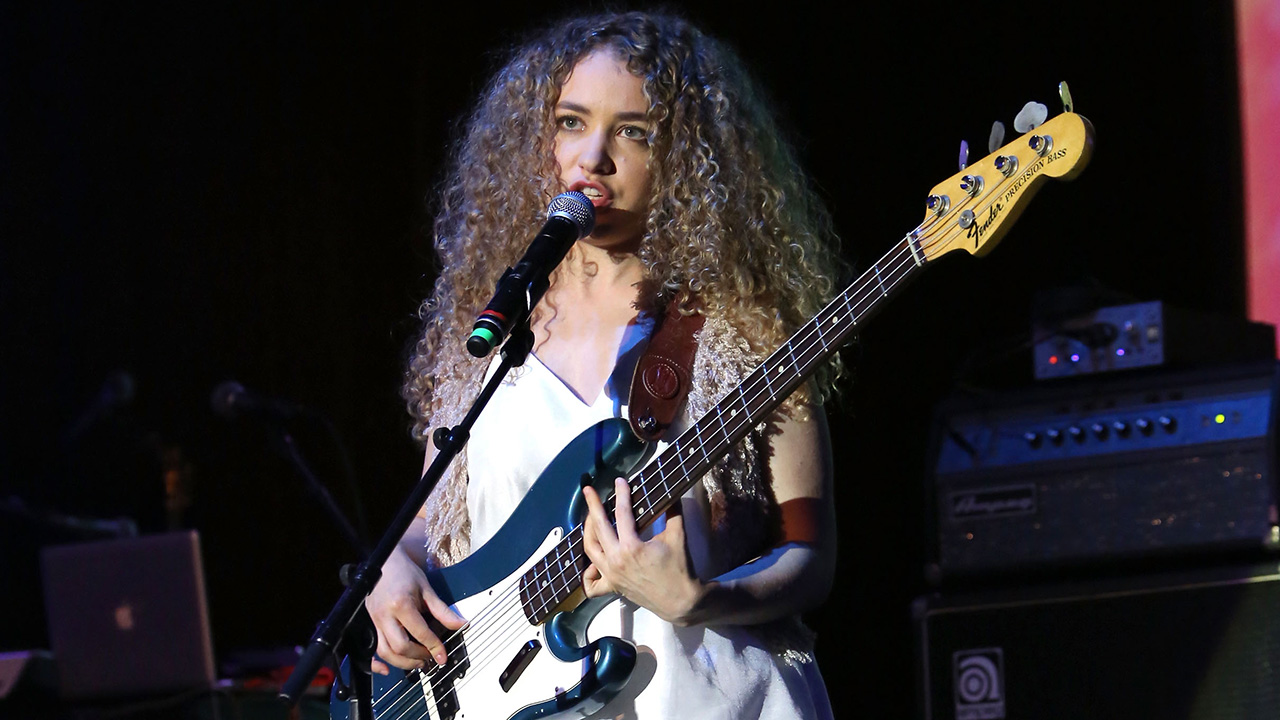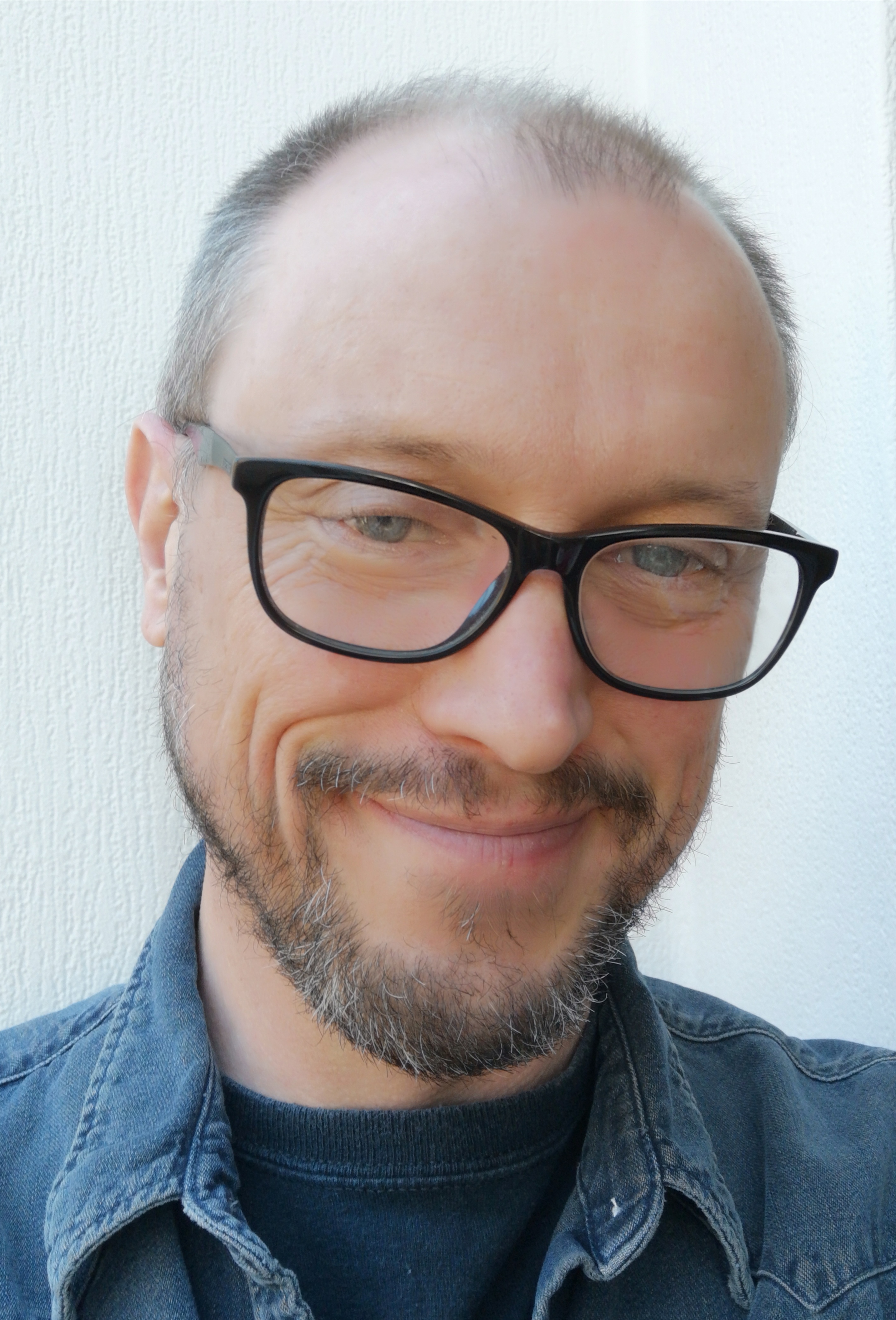Tal Wilkenfeld has played with and dazzled rock and prog greats from The Who to Chick Corea, and her solo work is just as impressive as her musical CV. In 2019, tying in with the launch of first vocal album Love Remains, she told Prog about what matters most to her as musician.
Born in Sydney, Australia in 1986, Tal Wilkenfeld was a budding guitarist as a kid, with only a few rock records on her shelf. At 16 she dropped out of high school and emigrated to the US, switching to bass and enrolling at Los Angeles Music Academy College Of Music.
After graduating she moved to New York and earned a reputation as a hotshot player on the circuit, sharing a stage with the Allman Brothers, fusion guitarist Wayne Krantz and ex-Zappa drum great Vinnie Colaiuta.
She released her calling-card jazz fusion debut Transformation in 2006, and Chick Corea selected her to play in his band on his Australian tour the following year. Her big break came soon after, when Jeff Beck enrolled her as his bassist, and since then she’s played with an incredible list of artists including Herbie Hancock, Mick Jagger, Prince, Trevor Rabin, Todd Rundgren, Toto, The Who and Brian Wilson.
The plot thickens on her second album, Love Remains, which sees her step up to the mic to deliver a moody, heartfelt, subtly complex set drawing on her many musical influences and life experiences.
How does prog feature in your musical diet?
One of the first bands I listened to a lot was Tool, and that style really influenced me. I didn’t start hearing other bands in the genre, like Yes, until way later. Chris Squire was amazing – I was lucky enough to know him through the bass player world. He was a really cool guy and super fun. I love it when musicians retain their childlike qualities; that’s where music comes from, I believe.
Pink Floyd are one of my favourite bands. I got to play with David Gilmour at the Royal Albert Hall [during Jeff Beck’s 2009 tour], and that was pretty magical. I’ve seen The Wall a couple of times in concert – Roger Waters’ latest incarnation of it – and it’s phenomenal. I hope one day I can be part of something that elaborate and astonishing.
There are so many progy luminaries on your CV – Trevor Rabin, Todd Rundgren...
And I had to do my research! I met Todd in Hawaii. He’s been a very supportive person in my life, and obviously his music’s amazing. The thing is, I didn’t grow up with a lot of music around me. I only owned Jimi Hendrix’s Are You Experienced, Rage Against The Machine’s Evil Empire and Herbie Hancock’s Thrust.
At a certain point you become one with music… it’s the most beautiful thing
And you went on to play with Herbie, on his album Imagine. With someone like that, is it tricky to separate the person from their legend?
It doesn’t really matter to me that someone is famous or not. It’s about their musicianship and what they’re trying to express as a person – a soul. If I’m accompanying them I want to know how I can best help them deliver their message. It’s not about being impressed with somebody, it’s about facilitating the music.
Chick Corea knows a good bassist when he hears one. How did you get that gig?
I think Vinnie told him about me, then I sent him demos. I did quite a bit of sight-reading with Chick. I had to sight-read [Return To Forever’s] Spain – as much as that’s a standard I didn’t really know it. That was funny!
All these players are virtuosos. When you’re performing with them are you aware in the moment that they’re operating at some higher level?
Yeah. At a certain point you become one with music; you’re a conduit for music to express itself. And when that happens it’s the most beautiful thing to see.
Love Remains is your first vocal album and you deal with some raw emotions on it. Does the attention it’s getting you feel different to the kind you’ve got as ‘just’ a bassist?
I’ve spent a lot time watching TV shows and movies, pausing during an emotional moment and starting to write
The attention doesn’t feel different – but I feel different. I’ve revealed a larger aspect of myself, and so when I’m getting this kind of feedback it feels even more wholesome. It doesn’t feel strange to put myself out there like this; it feels really natural. The easiest thing to write about is your life and experience. Even if it’s just something you’ve seen in a movie that’s inspired you, it’s still through your own lens.
And movies inspired some of these songs?
Yes. I’ve spent a lot time watching TV shows and movies like The Graduate and Taxi Driver, playing along or pausing during an emotional moment and starting to write. It’s a really good way for me to inspire myself. I write mostly when I’m moving around doing other things – walking, driving, washing the dishes.
Haunted Love is an extraordinary song. Pete Townshend himself called it ‘a jewel’...
I wanted to do one song that had the bass as the harmonic instrument. I use it like a classical guitar. It changes time signatures nearly every bar at one point, and changes key centres regularly. I recorded the strings at RAK Studios, and it was one of my favourite days ever. I want to write much more music for orchestra.
Love Remains is all about songs, while Transformation was pure fusion.
Listen to Lightnin’ Hopkins: he plays 12-and-a-half bar blues!
Jazz fusion was very much my focus back then. I was playing a lot with Wayne Krantz. But all the styles of music I’ve played have influenced my songwriting – I couldn’t have written Haunted Love if I hadn’t played fusion. Even [country-style ballad] Pieces Of Me is in 11/4 in parts.
I look to old folk and blues, where everything follows the story and melody, and they’ll add extra beats and bars where needed. I mean, listen to Lightnin’ Hopkins: he plays 12-and-a-half bar blues!
When I first moved to LA and switched from bass to guitar people kept calling me ‘Mini-Vinnie.’ Turns out they meant Vinnie Colaiuta! He’s known for playing polyrhythmic stuff, and I was doing that on the bass. One of the very first things I learned to play on bass was The Black Page by Frank Zappa.




